Psychologists and relationship experts have long acknowledged that romantic love can be a complex and multifaceted emotion, and a recent study suggests that it's not uncommon for individuals to experience ambivalence in their relationships. According to a recent article published in Vox, ambivalence - a state of having mixed or conflicting feelings - can be a normal and even beneficial aspect of romantic relationships.
Leigh, a 33-year-old psychologist who has been in a relationship with her partner Thomas for several years, has firsthand experience with ambivalence. Early in their relationship, Leigh found herself feeling unsure and on the fence about Thomas, describing her emotions as "annoying" and "entertaining" at the same time. However, as she continued to get to know Thomas, her attraction grew, and she became invested in the relationship. Unfortunately, Thomas's ambivalence has persisted, and he has become increasingly avoidant.
Experts agree that ambivalence is a common experience in romantic relationships. "Ambivalence is a normal part of the attachment process," said Dr. Sue Johnson, a clinical psychologist and developer of emotionally focused therapy. "It's a sign that the relationship is still in the early stages, and the individual is still getting to know their partner." Dr. Johnson notes that ambivalence can be a sign of a healthy relationship, as it indicates that the individual is taking the time to get to know their partner and is not rushing into a relationship.
However, ambivalence can also be a sign of deeper issues in the relationship. "If ambivalence persists and becomes a pattern, it can be a sign of attachment issues or other relationship problems," said Dr. Esther Perel, a psychotherapist and author of "Mating in Captivity." "In this case, it's not just a matter of getting to know each other, but rather a deeper issue that needs to be addressed."
Leigh's experience with ambivalence has taught her the importance of communication and self-reflection in relationships. "I've learned that ambivalence is not something to be ashamed of, but rather an opportunity to explore and understand my feelings," she said. "It's okay to not love my partner all the time, and it's okay to take the time to figure out what I want and need in a relationship."
As for Thomas, Leigh is working to understand his ambivalence and to find ways to communicate with him about her own feelings. "It's not about trying to change him or fix the relationship, but rather about understanding and working together to build a stronger connection," she said.
In conclusion, ambivalence is a normal and common experience in romantic relationships, and it's not something to be ashamed of. By acknowledging and exploring our ambivalence, we can gain a deeper understanding of ourselves and our partners, and work towards building stronger, more meaningful relationships.
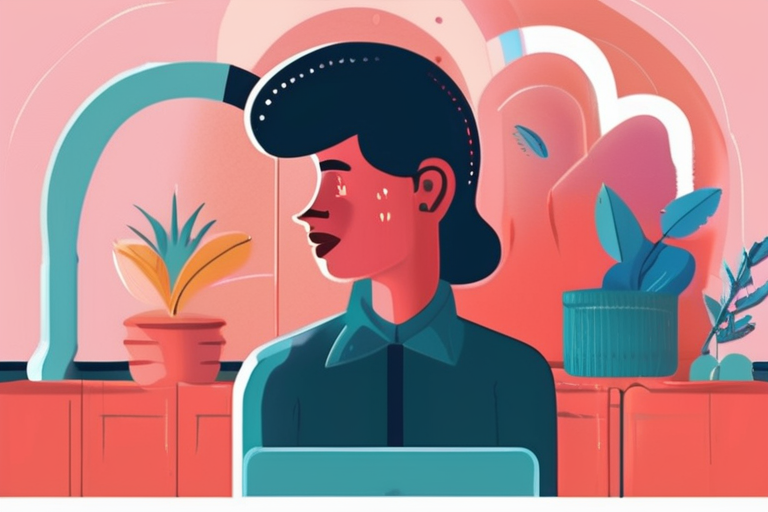




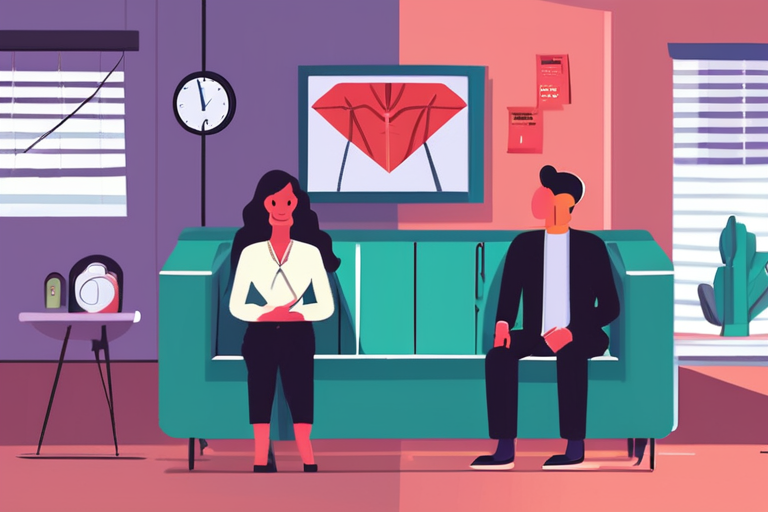


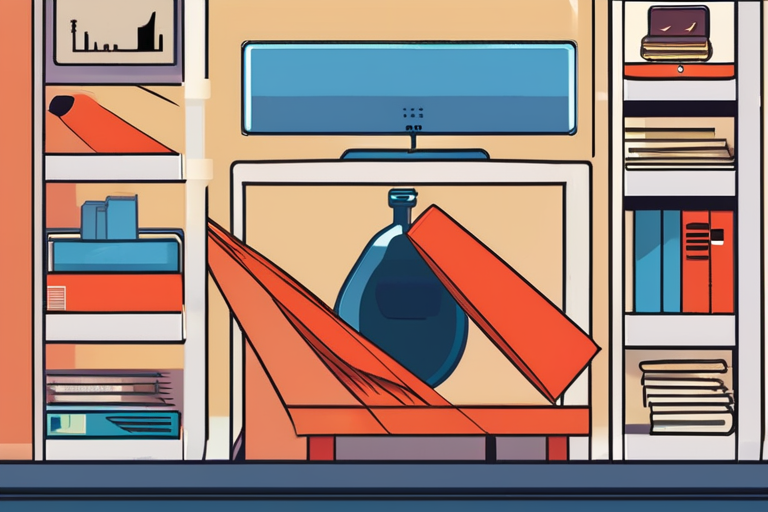
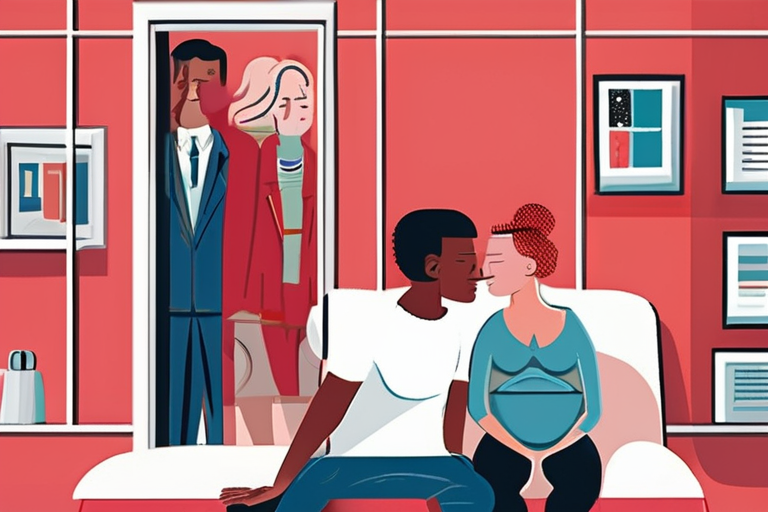

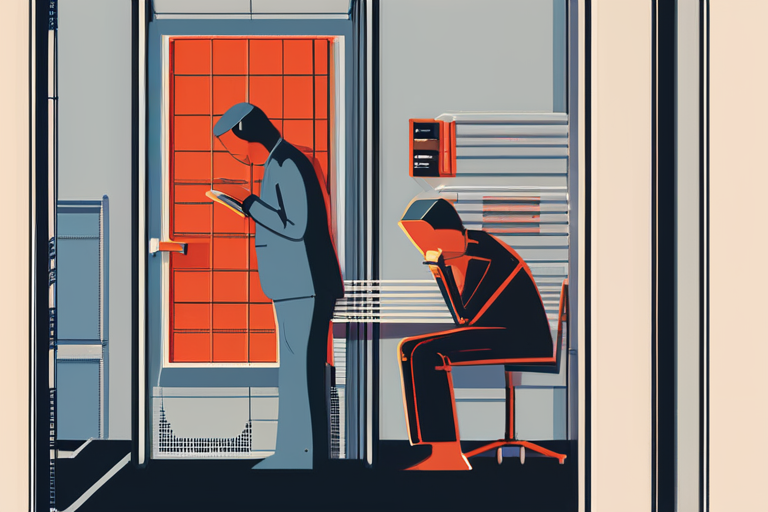


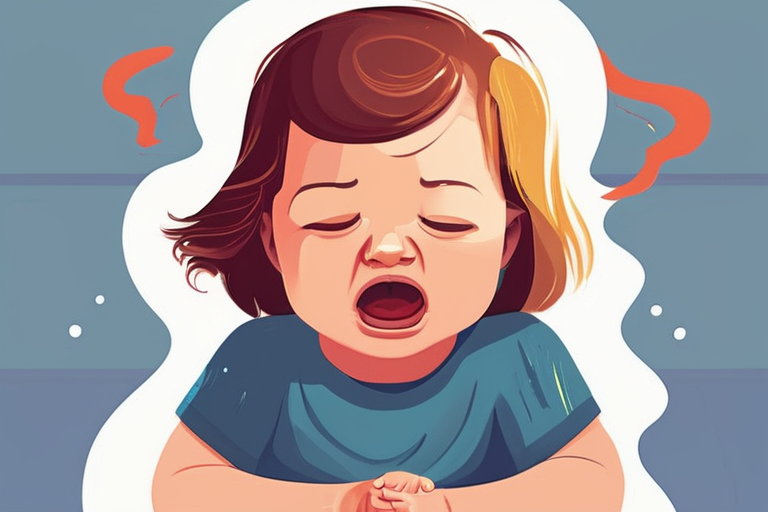
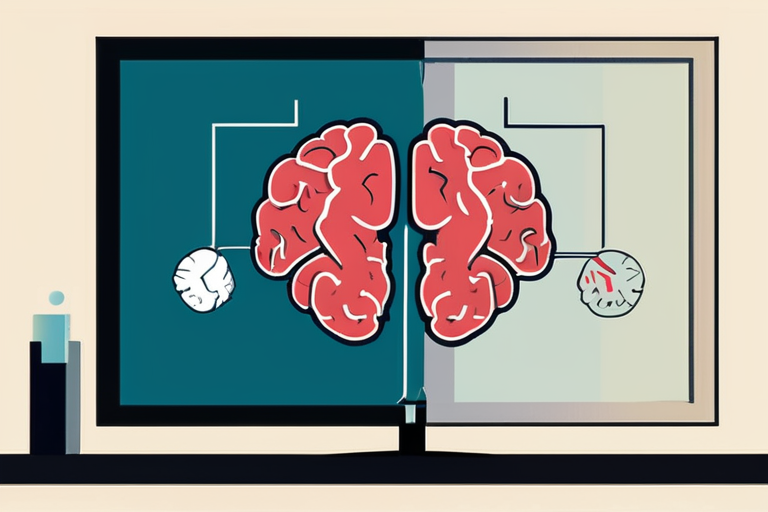
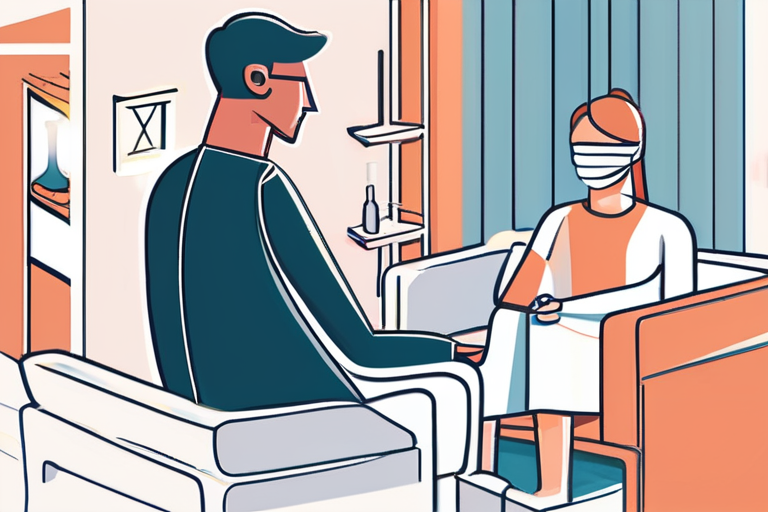




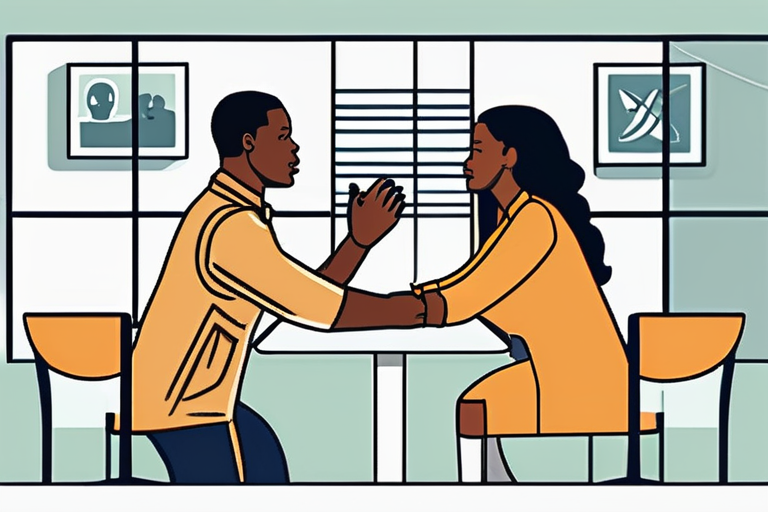




Share & Engage Share
Share this article